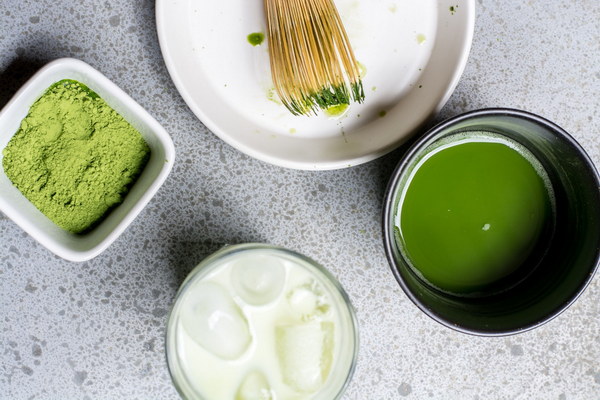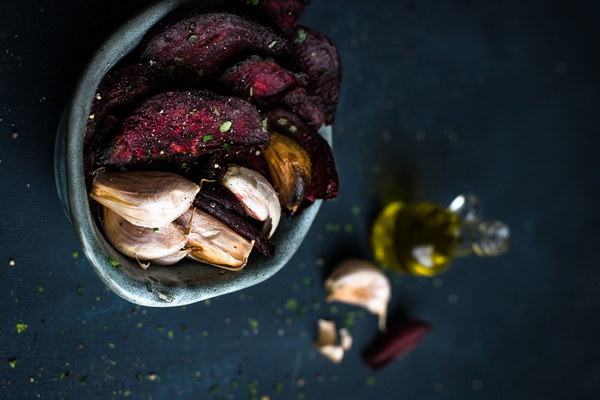Post-Injection Care How to Nourish and Rejuvenate Your Body
After receiving an intravenous (IV) injection, your body has been exposed to medication that may have caused some stress. It's important to take proper care of yourself during this time to ensure a quick and healthy recovery. Here are some tips on how to nourish and rejuvenate your body post-injection.
1. Stay hydrated
Hydration is crucial after receiving an IV injection. The medication can cause dehydration, so drink plenty of fluids throughout the day. Water is the best choice, but you can also have herbal teas, clear broths, or coconut water. Avoid caffeine and alcohol, as they can further dehydrate your body.
2. Eat a balanced diet
A nutritious diet can help your body recover more quickly. Incorporate a variety of fruits, vegetables, whole grains, lean proteins, and healthy fats into your meals. This will provide your body with the necessary nutrients to heal and rejuvenate.
- Fruits and vegetables: These are rich in vitamins, minerals, and antioxidants that can help combat inflammation and boost your immune system.
- Whole grains: They provide energy and fiber, which can help keep your digestive system healthy.
- Lean proteins: They aid in tissue repair and can be found in fish, chicken, lean beef, tofu, and legumes.
- Healthy fats: They are essential for cell function and can be found in nuts, seeds, avocados, and olive oil.

3. Get plenty of rest
Rest is vital for your body to recover after an injection. Give yourself permission to rest and avoid overexerting yourself. Try to get 7-9 hours of sleep each night to allow your body to rejuvenate and heal.
4. Manage pain and inflammation
If you experience pain or inflammation after your injection, there are several ways to manage these symptoms:
- Over-the-counter (OTC) pain relievers: Medications like acetaminophen or ibuprofen can help alleviate pain and reduce inflammation.
- Cold or warm compresses: Applying a cold compress to the injection site can help reduce swelling and pain. After a few days, switch to a warm compress to promote circulation and healing.
- Gentle exercise: Light physical activity, such as walking, can help improve circulation and reduce inflammation.
5. Monitor for adverse reactions
Keep an eye out for any adverse reactions to the medication you received. Common symptoms include fever, chills, rash, or difficulty breathing. If you experience any of these symptoms, contact your healthcare provider immediately.
6. Practice good hygiene
Maintain good hygiene to prevent infection at the injection site. Keep the area clean and dry, and avoid picking at or scratching the site. If you notice any signs of infection, such as redness, swelling, or discharge, contact your healthcare provider.
7. Follow your healthcare provider's instructions
It's essential to follow any specific instructions given by your healthcare provider. This may include taking additional medication, attending follow-up appointments, or adhering to a certain diet or activity level.
By following these tips, you can help your body recover and rejuvenate after receiving an IV injection. Remember that taking care of yourself is the best way to ensure a healthy and quick recovery.









